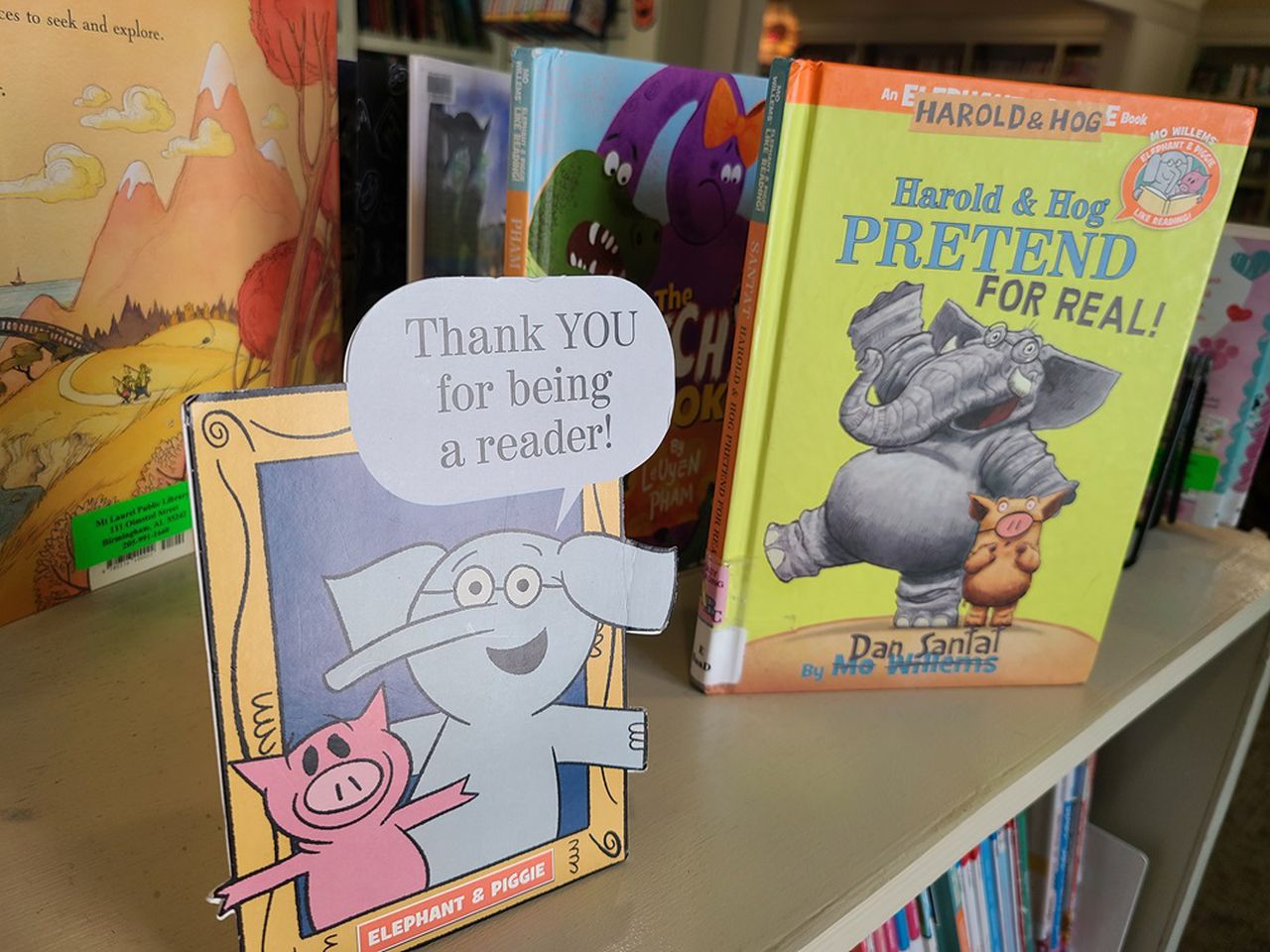Alabamaâs inappropriate book list may not help local staff make decisions: Librarian
One Alabama librarian says she’s unlikely to use the state’s new inappropriate book list.
The fact that a book has been noted as award-winning – or problematic – by one person or group shouldn’t dictate a local librarian’s actions, according to North Shelby Public Library director Kate Etheredge. And when it comes to the 82 books flagged as possibly inappropriate by the Alabama Public Library Service, there’s no way to know if they’re even in a local library.
AL.com received a copy of the Alabama Public Library Service’s list and reviewed the 82 books that Alabamians deemed inappropriate for children. They include a children’s book about a Japanese bathhouse and 10 books for Christian readers. Some books also have been targeted in other states, according to PEN America’s banned book list.
“I don’t think the list will be very useful in the day-to-day running of the library,” Etheredge said. “Since it is a statewide list, the concerns could be coming from anywhere and may not be relevant to my library. Since it is anonymous, it could be coming from one person or hundreds and they may not live in my district. As such, the list has about the same impact as any listing of banned books or award-winning books, to let us know a book has some buzz. But just because a book has buzz does not mean it belongs on the shelf or should be taken off.”
The state form requires an Alabama address and specific page numbers where the referrer found objectionable content. The form also asks a complainant to note the book’s location in an Alabama library.
But APLS director Nancy Pack said the board decided not to include the specific library location or personal identifying information as part of the public record. APLS staff isn’t confirming the locations of individual books.
LGBTQ characters or themes are featured in 24 books, though some don’t directly have LGBTQ references at all.
One of the so-called inappropriate books is the children’s picture book “Red, A Crayon’s Story” by by Michael Hall that is also listed on PEN America’s nationwide book ban list. The book is about a crayon with a red label that can only draw or color in blue. Other crayons try to help Red change but then accept and celebrate the crayon’s drawings.
“This funny, heartwarming, colorful picture book about finding the courage to be true to your inner self can be read on multiple levels, and it offers something for everyone!” said Hall’s website.
Clean Up Alabama is a group behind many of the book challenges statewide. Its inappropriate book list includes 24 of the titles on the state’s list.
One of the books is “Door by Door: How Sarah McBride Became the First Openly Transgender Senator.” This is a nonfiction picture book about Delaware State Senator Sarah McBride, elected in 2020. It is not clear whether this book is in any of Alabama’s libraries.
Fifteen books on the list are by Linda Byler, a prolific author who writes Amish romance novels.
There are 10 books geared towards Christian topics and themes, including “God Made All of Me: A Book To Help Children Protect Their Bodies.” On the first page, the book is dedicated to “empower and train Christian communities to recognize, prevent and respond to child abuse.”
Another book flagged as potentially “inappropriate” on the state list is “The Big Bath House” by Kyo Maclear and Gracey Zhang. It’s a children’s picture book about a girl visiting her grandmother in Japan. They visit a bathhouse together.
“Various skin tones and body shapes and sizes celebrate a broad spectrum of body diversity” in the book, according to Kirkus Reviews.
Instead of using the APLS list, Etheredge said she will continue to listen to and address patron concerns.
“Sometimes that means having a conversation about why the book is located where it is and informing the patron of the tools, including librarians, available to help them find materials that will be more in line with what they are looking for. Occasionally, it means convening a committee to discuss the book and its place at the library.”
